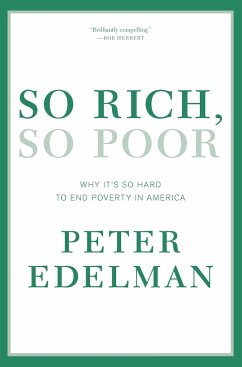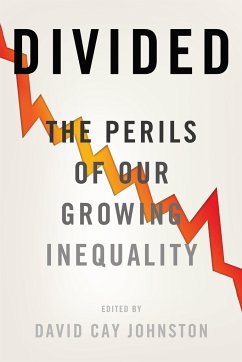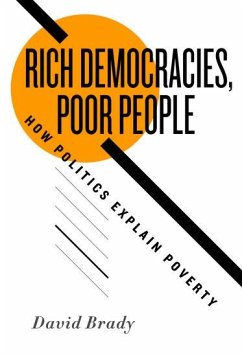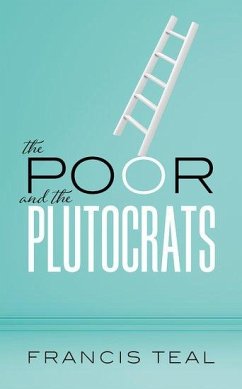
Progress for the Poor
Versandkostenfrei!
Nicht lieferbar
One of the principal goals of antipoverty efforts should be to improve the absolute living standards of the least well-off. Progress for the Poor aims to enhance our understanding of how to do that, drawing on the experiences of twenty affluent countries since the 1970s. The book addresses a set of questions at the heart of political economy and public policy: How much does economic growth help the poor? When and why does growth fail to trickle down? How can social policy help? Can a country have a sizeable low-wage sector yet few poor households? Are universal programs better than targeted on...
One of the principal goals of antipoverty efforts should be to improve the absolute living standards of the least well-off. Progress for the Poor aims to enhance our understanding of how to do that, drawing on the experiences of twenty affluent countries since the 1970s. The book addresses a set of questions at the heart of political economy and public policy: How much does economic growth help the poor? When and why does growth fail to trickle down? How can social policy help? Can a country have a sizeable low-wage sector yet few poor households? Are universal programs better than targeted ones? What role can public services play in antipoverty efforts? What is the best tax mix? Is more social spending better for the poor? If we commit to improvement in the absolute living standards of the least well-off, must we sacrifice other desirable outcomes?













